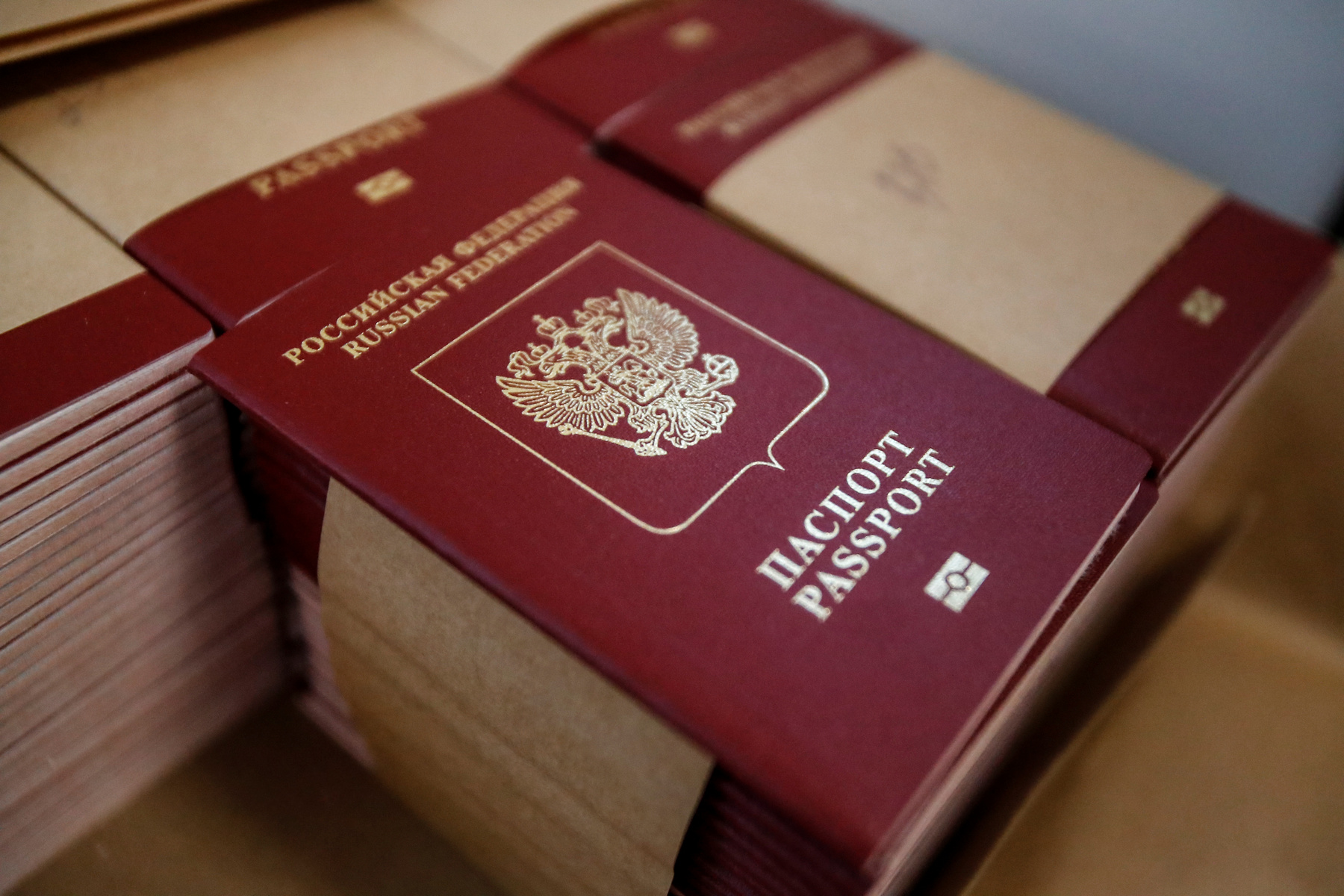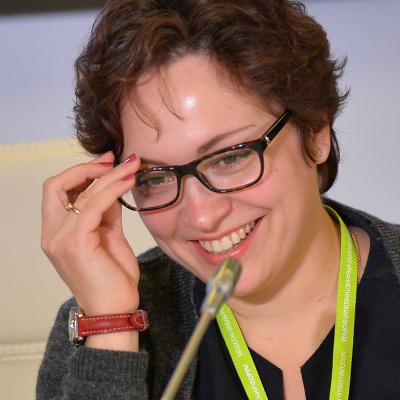Contemporary Russia has been adding new citizens who, by virtue of their status and territorial location, represent a particular group of Russian ‘subjects’ on the territories of unrecognised countries, i.e. Abkhazia, South Ossetia, Transnistria, the Donetsk People’s Republic (DPR) and Lugansk People’s Republic (LPR). This direction of Russian migration policy remains a ‘stumbling block’ in relations with other countries and may become a challenge for Russia in the future.
The Duma deputies constantly propose draft laws to facilitate the naturalisation of foreign nationals and simplify the granting of Russian citizenship. In 2003, amendments were introduced into Article 14 of the Law on Russian Citizenship whereby former citizens of the USSR “are granted Russian citizenship via a simplified procedure if they declare their intent to acquire Russian citizenship.” In 2014, the simplified procedure for acquiring Russian citizenship was extended to all “native speakers of Russian.” In 2020, new amendments to the Law on Russian Citizenship launched a mechanism of mass humanitarian naturalisation of migrants from Ukraine (and, to a lesser extent, those from Moldova and Belarus). Moreover, the recently developed draft law “On Repatriation to the Russian Federation” proposes to provide “the right of return for all compatriots residing also outside the Russian Federation, who freely use the Russian language in the family, everyday life and cultural sphere.”
Importantly, this draft law does not affect or modify the existing programmes for resettlement to Russia or facilitated naturalisation of residents of the DPR, LPR and other unrecognised territories. In fact, it initiates a new procedure for facilitated acquisition of Russian citizenship for peoples who “historically lived on the Russian territory” and proposes that descendants of these peoples should be allowed to acquire Russian passports or residence permits even without living in the Russian territory and/or entering it. According to the draft law, repatriation applications must be accepted both by Russia’s foreign consular offices and by the Ministry of Internal Affairs agencies in Russia. An application for a repatriation certificate must be processed by the authorised bodies within four to six months. Notably, the procedure does not require applicants to renounce their citizenship of another country.
These changes in the legal framework are bearing fruit. In 2020, a total of 409,549 people who were previously citizens of Ukraine received a Russian passport in Russia (62% of the total number of all those who received a Russian passport). In the same year, Russian agencies outside the country issued the largest number of Russian passports to residents of Moldova (6,262), Tajikistan (3,103), Armenia (1,477), Kazakhstan (1,169) and Abkhazia (927).
The passportisation of residents of other countries and unrecognised territories is a separate ‘unwritten’ component of contemporary Russian migration strategy. It seems obvious to most experts that residents of the DPR, LPR, Abkhazia, South Ossetia and Transnistria are incentivised to acquire Russian citizenship by Russia’s social and economic obligations towards the new citizens: payment of pensions, provision of maternity capital, unemployment benefits, etc.
In 2020, the government determined the procedure for welfare payments to Russian nationals living outside Russia. For instance, upon the birth of their first child, such citizens can claim to receive 483,881 roubles (EUR 5,383) and upon the birth of their second child they are entitled to further 155,550 roubles (EUR 1,730). Maternity capital upon the birth of the second child in families which did not receive it for the first child amounts to 639,432 roubles (EUR 7,113). These sums are very substantial for residents of unrecognised states with weakened and destroyed economies.
According to the Russian Pension Fund, more than 341,000 Russian citizens living in 125 countries around the world received Russian pensions last year. The main recipients were Russians living in Germany (97,833 people), Israel (55,991), Moldova including Transnistria (47,656), Abkhazia (31,405), Belarus (25,462), South Ossetia (452) and Ukraine (339).
When calculating pensions or maternity capital payments for newly naturalised citizens living in the DPR or LPR, the Russian Pension Fund offices do not even require applicants to prove their actual residence in the Russian Federation. In order to receive a Russian pension in Abkhazia, the only required documents are a passport of an Abkhazian citizen or proof of residence in Abkhazia (certificate of address, temporary registration) as well as a Russian pension certificate.
Recipients of Russian pensions and other welfare payments who reside outside Russia constitute a major item of expenditure for the Russian Pension Fund. In 2020, in addition to the annual transfers to South Ossetia and Abkhazia (6 billion and 5.5 billion roubles respectively), 324 million roubles were transferred from the Russian budget to cover payments to unemployed Russian citizens. Russia’s 2021–2023 budget includes additional spending to support the economies of Abkhazia and South Ossetia in order to “ensure budgetary allocations to increase the salaries of public sector workers in the Republic of Abkhazia and the Republic of South Ossetia as well as civil servants in the Republic of South Ossetia” by 3.5 billion roubles (EUR 34.5 million).
Naturalised Russian citizens residing in the territories of unrecognised states have, de iure, all the rights and obligations of Russian nationals: they are obliged to pay taxes (although it is difficult to verify how well this obligation is fulfilled) and are entitled to vote in elections. In the 2018 presidential election, the largest number of polling stations abroad were opened in Moldova and Abkhazia (20 each), Germany (15), Israel (14), Kazakhstan (18), Belarus (13) and South Ossetia (12). According to the Russian Central Election Commission, the incumbent Russian president held a victory at all polling stations abroad, supported by 95.48% of Russian voters in Moldova and 94.1% in Abkhazia.
Russia has voluntarily taken on a social burden to support its citizens living in the territories of unrecognised states, which is a very costly affair, paid by the country’s taxpayers who live and work on Russian territory.










